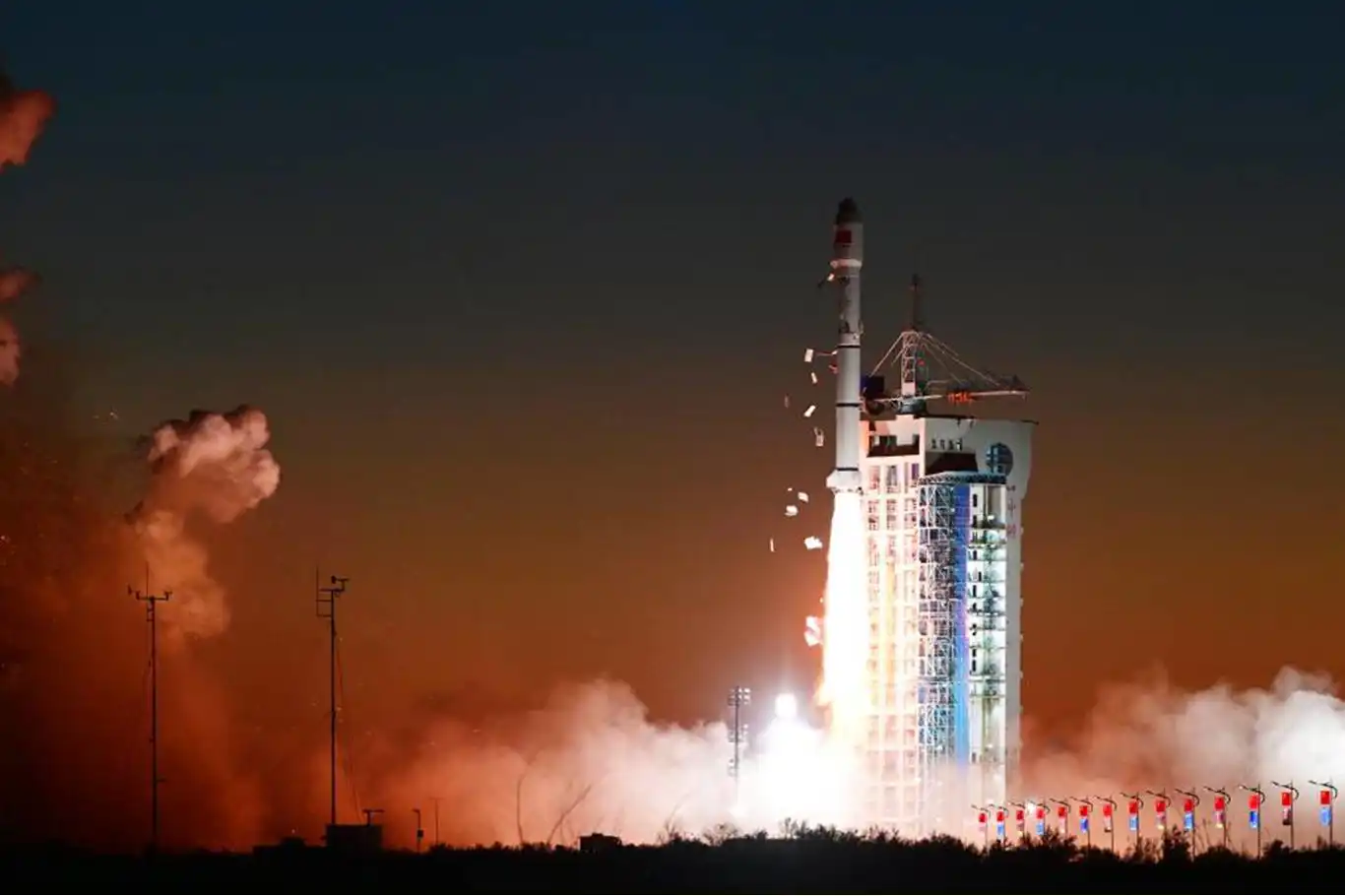China successfully launches two commercial satellites


China successfully launched two commercial microwave mapping satellites, Siwei Gaojing-2 03 and Siwei Gaojing-2 04, into orbit on Monday.
The launch, which was carried out by a Long March-2C carrier rocket, took place at 7:39 a.m. (Beijing Time) from the Jiuquan Satellite Launch Center.
Developed by the Shanghai Academy of Spaceflight Technology, these satellites are designed to provide high-resolution, all-weather radar images. They will work in conjunction with previously launched optical satellites to form a comprehensive network capable of delivering advanced surveying and mapping services.
The new satellites are expected to play a crucial role in various sectors, including natural resource management, urban development, emergency response, and maritime applications. By leveraging advanced radar technology, they will enable accurate monitoring of natural disasters, agricultural activities, and environmental conditions.
This successful launch marks another significant milestone in China's growing space program and underscores the country's commitment to technological innovation and commercial space applications. (ILKHA)
LEGAL WARNING: All rights of the published news, photos and videos are reserved by İlke Haber Ajansı Basın Yayın San. Trade A.Ş. Under no circumstances can all or part of the news, photos and videos be used without a written contract or subscription.
Blue Origin has postponed the launch of its New Shepard Mission NS-37 after engineers detected an issue during routine pre-flight checks, the company said in an update.
The US National Aeronautics and Space Administration (NASA) has announced the successful completion of the assembly of the Nancy Grace Roman Space Telescope, marking a major milestone toward its upcoming launch and future scientific operations.
OpenAI has announced the release of a new version of ChatGPT Images, powered by its latest flagship image generation model, bringing faster performance and more precise image editing capabilities to users.
Malaysia’s communications regulator announced on Monday that major internet messaging and social media platforms with at least eight million users in the country will be automatically deemed registered as Class License holders beginning Jan. 1, 2026.